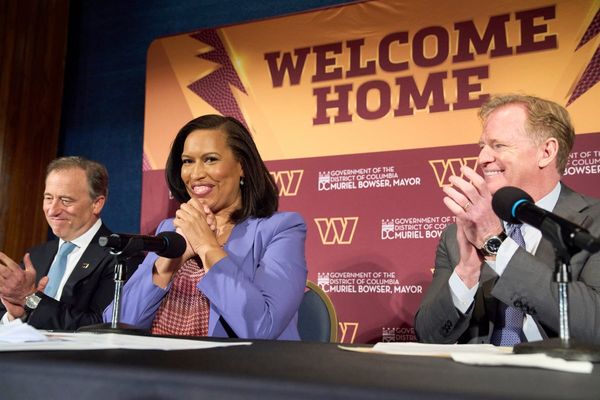
To the youngest cohort of the workforce, a thank-you note may seem as antiquated as phone books and landlines, but the CEO of Neiman Marcus swears by them.
Geoffroy van Raemdonck, chief executive of the $5 billion-a-year luxury retailer, says he sends thank-you notes every single day. Other experts agree—sending a quick thank-you after a job interview could be the difference between being hired or not. At the very least, it’s a simple way to personally show one’s gratitude in an era of technology and increasing automation.
“I was taught by great mentors of the power of sending a thank-you note,” van Raemdonck told Fortune. “It’s really important for me—the moment of ‘thank you’—because I know what it is to receive a thank-you, to be acknowledged,” he said.
Before the COVID-19 pandemic, van Raemdonck said he would send anywhere between three and five handwritten thank-you notes a day. During and after the pandemic, as workers switched to remote or hybrid work schedules and made going into the office from nine to five obsolete, he switched to texts, emails, and quick phone calls.
“I want to be a generous leader,” he said. “The way I remind myself is by recognizing the generosity of others.”
He described the process of expressing appreciation as a muscle: “When I get stuck every day and go back and say…‘Who should I thank for their contribution to my life or to the life of the organization?’ It really is this muscle.”
Other executives also swear by thank-you notes, especially when it comes to hiring. Jessica Liebman, chief people officer at Insider, wrote that forgetting to write a thank-you email after an interview is the number-one mistake that gets job candidates booted from the hiring process.
“As a hiring manager, you should always expect a thank-you email, and you should never make an offer to someone who neglected to send one,” Liebman wrote.
The email reflects two important things, according to Liebman: It shows that the person wants the job, and that they are “eager, organized, and well mannered enough to send the note.” (However, she warns against sending handwritten letters after an interview.)
The death of the thank-you note
Gen Zers and millennials may be to blame for the death of the thank-you note. As younger workers enter the workforce, they’ve turned professional norms on their heads—from bending the work dress code, to rejecting assignments and turning down job offers in the name of diversity, equity, and inclusion (DEI).
Here’s how one 27-year-old explained it to the Washington Post’s Miss Manners advice column: “It’s not that we don’t appreciate you or that we feel entitled to gifts. It’s that our way of saying ‘thank you’ is different. We don’t expect to receive thank-you cards, so please don’t expect us to send them.”
Miss Manners acknowledged that while etiquette changes with the times, expressing gratitude is always necessary, no matter what generation the person belongs to. And others advocate for the power of handwritten thank-you notes in an increasingly digital age.
“In my opinion, old-fashioned thank-you notes matter more now than they have in the past because so few people write them,” etiquette coach Maggie Oldham told the New York Times. “Handwritten notes are a differentiator. They show the person you’re thanking that you made a sincere effort to acknowledge their act of kindness or generosity.”
Van Raemdonck believes sending thank-you notes not only makes him a more thoughtful leader, but a better person.
“I know the impact when you receive one. But frankly, the impact is equally great for the one who gives a thank-you,” van Raemdonck said. “It’s a good way to remind ourselves that we can do great every day.”







